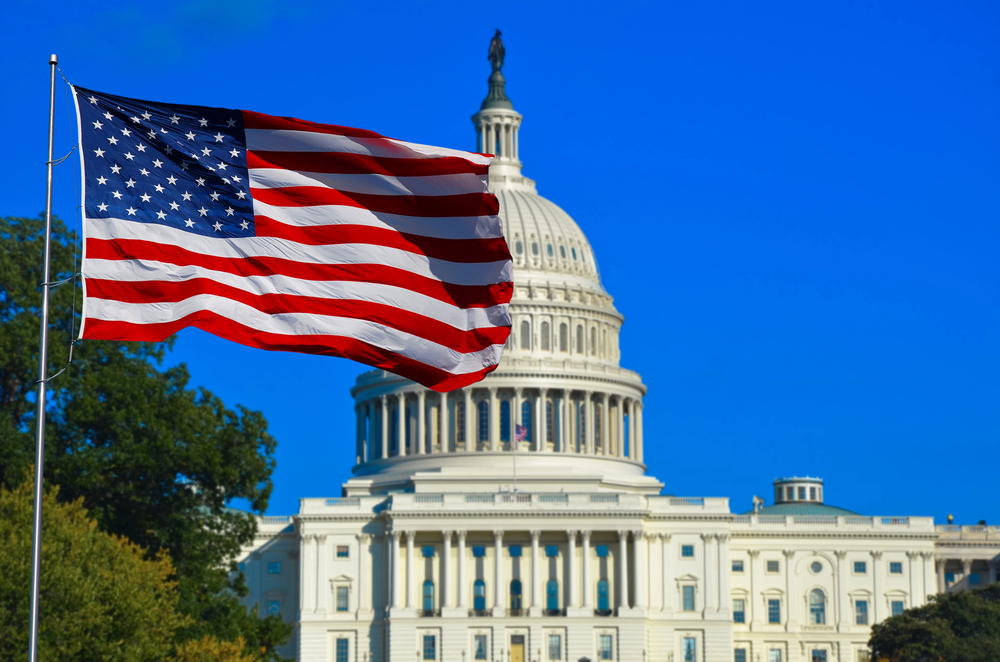The President of the United States holds the role of Commander-in-Chief of the armed forces, a power granted by Article II of the Constitution. While this role gives the President the ability to direct military operations, the authority to declare war lies with Congress. The result is an ongoing tension between immediate military decision-making and the constitutional requirement for legislative oversight.
This balance was addressed in the War Powers Resolution of 1973, passed in the aftermath of the Vietnam War. The Resolution aimed to check the President’s authority by requiring notification to Congress within 48 hours of deploying armed forces and limiting the duration of military engagement to 60 days without Congressional approval. Despite its intention, the Resolution has had limited practical effect, as multiple Presidents have either ignored or worked around its requirements.
This tension is most visible during unilateral military strikes ordered without prior Congressional approval. Several Presidents have used their Commander-in-Chief powers to justify military action, often sparking legal and political debate.
President Reagan’s Bombing of Libya – 1986
Background: Retaliation for Terrorism
In April 1986, President Ronald Reagan ordered airstrikes on Libya in response to the country’s involvement in terrorist attacks, including the bombing of a Berlin nightclub that killed two American servicemen. U.S. intelligence linked the Libyan government, led by Muammar Gaddafi, to the attacks.
Details of the Military Strike
The operation, known as Operation El Dorado Canyon, involved coordinated airstrikes by the U.S. Air Force, Navy, and Marine Corps targeting military installations, air defense systems, and Gaddafi’s residence. The operation lasted less than 24 hours.
Congressional and Public Response
President Reagan did not seek Congressional authorization before the strike. He justified the action as a matter of national self-defense and argued that prior disclosure would have jeopardized the mission’s success. Reactions in Congress were mixed: some lawmakers supported the action as a firm stance against terrorism, while others criticized the President for bypassing legislative oversight. The public response was generally supportive in the context of rising concerns over international terrorism.
President Clinton’s Missile Strikes on Iraq – 1993 and 1998
1993: Retaliation for an Assassination Plot
Shortly after taking office, President Bill Clinton ordered a missile strike on Iraq in June 1993. The action was a direct response to intelligence that Iraq had plotted to assassinate former President George H. W. Bush during his visit to Kuwait.
Cruise missiles targeted the headquarters of the Iraqi Intelligence Service in Baghdad. The Clinton administration argued that the strike was a limited and proportionate response under the President’s authority to protect national interests.
1998: Operation Desert Fox
In December 1998, President Clinton again ordered strikes on Iraq—this time over Saddam Hussein’s repeated obstruction of United Nations weapons inspections. Operation Desert Fox involved four days of bombing and was designed to degrade Iraq’s ability to produce weapons of mass destruction.
Congressional and International Reaction
Neither strike received prior Congressional approval. In 1993, there was minimal pushback, as the action was viewed as a legitimate response to an attempted attack on a former U.S. President. The 1998 strikes, however, drew criticism from some lawmakers who questioned the timing—coinciding with the impeachment proceedings against Clinton. Internationally, the action received a mixed response, with some allies supporting it and others urging greater diplomatic engagement.
President Obama’s Military Intervention in Libya – 2011
Background: The Arab Spring and Humanitarian Concerns
In early 2011, the Libyan government began violent crackdowns on civilian protesters during the Arab Spring. The situation escalated into a humanitarian crisis. In March, the United Nations authorized the use of force to protect civilians.
President Barack Obama, without seeking approval from Congress, directed U.S. forces to participate in a NATO-led campaign that involved airstrikes and enforcement of a no-fly zone over Libya.
Nature of the U.S. Involvement
U.S. involvement included cruise missile launches, airstrikes on Libyan air defense systems, and aerial support for NATO operations. The operation continued for months, with the U.S. providing logistical and intelligence support even after reducing its frontline role.
Legal and Political Backlash
Obama administration officials argued that the operation did not constitute “hostilities” under the War Powers Resolution because there were no ground troops and limited direct engagement. Many members of Congress rejected this interpretation, stating that sustained air operations clearly fell within the scope of the Resolution. A bipartisan group of lawmakers accused the President of exceeding his authority, and the intervention sparked renewed debate over executive military powers.
Executive Power vs Congressional Oversight
The Constitution divides war powers between the legislative and executive branches, but modern military conflicts have increasingly tested these boundaries. Presidents often justify unilateral strikes on the grounds of national security or international obligations, claiming they fall short of full-scale war and therefore do not require advance approval.
Congress, meanwhile, has limited tools to enforce the War Powers Resolution, which lacks clear penalties for non-compliance. Courts have generally declined to intervene, viewing the matter as a political question.
This has left a system where Presidents can, and often do, launch short-term military operations without Congressional input—raising questions about accountability and the erosion of legislative oversight.
Consequences of Unchecked Authority
When Presidents act without input from Congress, the risk is not only legal ambiguity but also strategic missteps. Limited strikes can escalate, involve U.S. forces in prolonged conflicts, or undermine public support if objectives aren’t clearly defined. Without debate or formal authorization, there’s also a greater chance of error, mission drift, or blowback from allies and adversaries.
Congressional oversight doesn’t eliminate these risks, but it provides a framework for debate, clarification of objectives, and democratic legitimacy. When military force is used without it, questions of constitutionality and public consent are unavoidable.
Conclusion
Presidents from both parties have exercised their authority to launch military strikes without Congressional approval, citing the need for swift action and national security interests. Examples from Reagan, Clinton, and Obama show how far executive power can extend under the justification of protecting U.S. lives or fulfilling international commitments.
Still, the War Powers Resolution remains a limited check on this authority. The lack of enforcement mechanisms means that, in practice, much depends on how each administration interprets its constitutional responsibilities.
Striking the right balance between executive flexibility and legislative oversight is essential. Military action—no matter how brief—should not take place in a legal vacuum. Congress must play a role in decisions that carry the weight of life, death, and national consequence.





